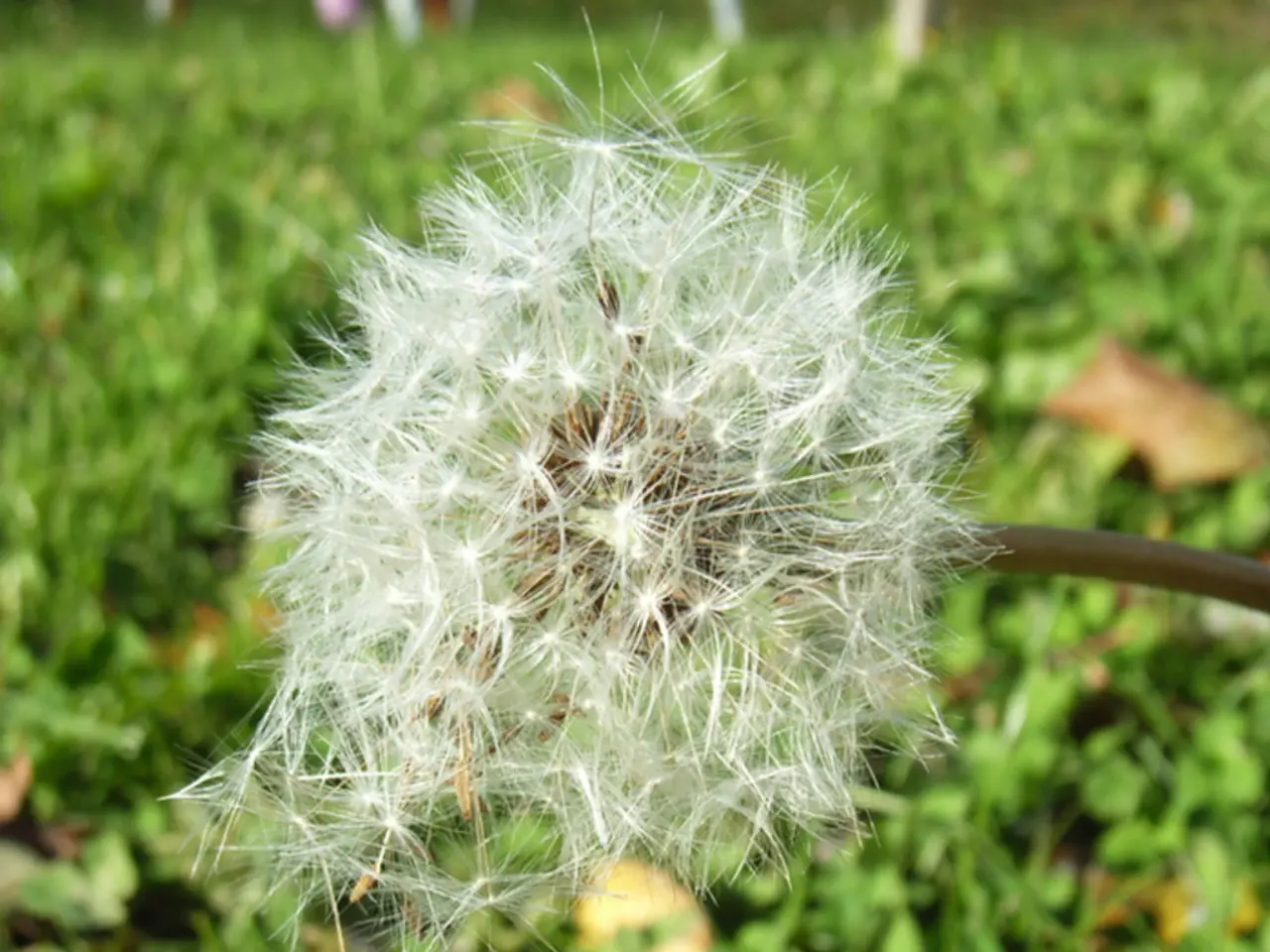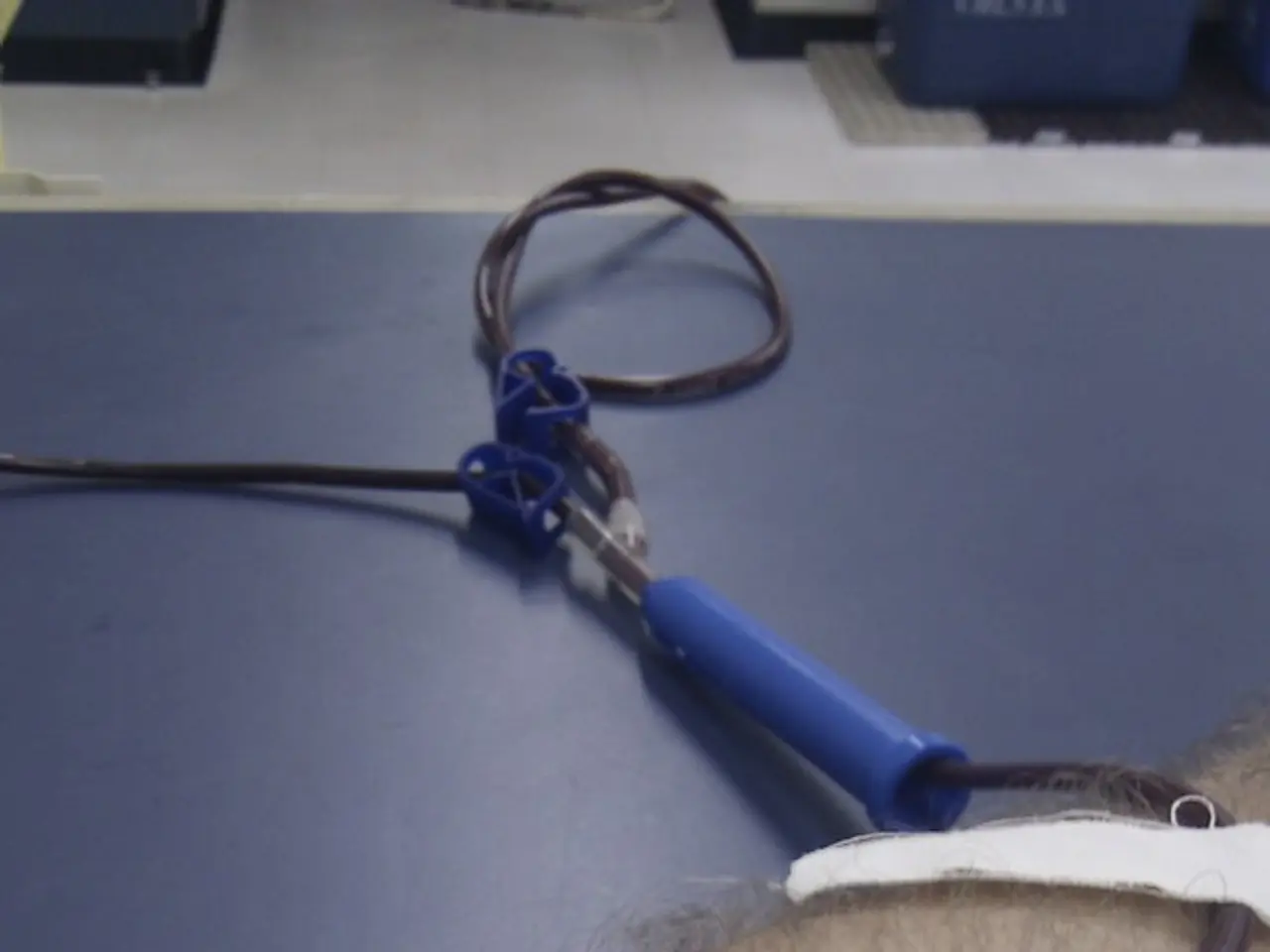Impact of Masturbation: Debunking Misconceptions and Revealing Reality
Masturbation, a private and personal act, is a common practice among people of all ages and has been found to have numerous physical and mental health benefits. Despite this, there are several myths surrounding masturbation that persist, largely due to cultural stigma rather than scientific evidence.
For instance, the belief that frequent masturbation damages the prostate or increases the risk of prostate cancer has been debunked. A major long-term study by Harvard University tracked nearly 32,000 men over almost two decades and found that frequent ejaculation, including through masturbation, does not wear out the prostate, cause chronic inflammation, or increase the risk of prostate cancer[1].
Another common myth is that masturbation depletes energy or causes physical weakness. However, medical consensus, supported by organizations like the American Medical Association, states that masturbation is a normal, medically healthy, and psychologically typical behavior that does not drain bodily energy or lead to premature ejaculation[2].
It's also worth noting that masturbation is not a sign of promiscuity or moral failing. It is a private, personal act unrelated to one's moral character or sexual behavior[4]. Furthermore, masturbation does not affect fertility or stunt physical growth[5].
When it comes to sexual aphrodisiacs like herbs, Spanish fly, or animal parts, medical research finds no evidence that they effectively enhance sexual desire or performance. Some may have placebo effects, but many can have negative side effects and do not improve sexual health scientifically[3].
Masturbation is generally harmless, but rough masturbation may cause temporary chafing or tender skin. However, it's important to note that excessive masturbation can negatively impact daily life, causing missed work, school, or social events, disrupting functioning, affecting responsibilities and relationships, and serving as an escape from relationship issues or a substitute for real-life experiences[6].
For those who feel their masturbation habits are affecting their lives negatively, seeking help from a healthcare professional, such as a doctor or counselor, may be beneficial. Talk therapy and consulting a sex therapist can help manage sexual behavior and develop coping strategies for excessive masturbation[7].
On a positive note, masturbation can be a healthy part of a sex life and should not be associated with feelings of embarrassment, guilt, or shame. It can be done for pleasure, enjoyment, fun, and tension release, either alone or with one or multiple partners[8].
In addition to pleasure, masturbation offers several physical and mental health benefits. These include reducing stress, releasing tension, enhancing sleep quality, boosting concentration, elevating mood, relieving menstrual cramps, easing pain, improving sex, improving self-esteem and body image, treating sexual problems, promoting intimacy, exploring self-pleasure, reducing unwanted pregnancies, preventing sexually transmitted infections (STIs) and HIV transmission, and improving sexual health for older women by reducing vaginal dryness and decreasing pain during sex[9].
For those seeking a sex therapist, the American Association of Sexuality Educators, Counselors, and Therapists (AASECT) is a good resource[10].
In conclusion, masturbation is a safe, normal part of human sexuality without the harmful effects traditionally feared or stigmatized. As research continues, our understanding of masturbation and its effects on our health continues to grow, debunking persistent myths and promoting a healthier, more open discussion about this private act.
References: [1] Friberg, L., et al. (2016). Frequency of ejaculation and prostate cancer: A population-based cohort study. European Urology, 70(6), 941-948. [2] American Medical Association. (2005). On Masturbation. AMA Council on Scientific Affairs. [3] American Psychological Association. (2006). Report of the APA Task Force on Appropriate Therapeutic Uses of Mind Altering Substances. [4] World Health Organization. (2018). Sexual health: A rights-based approach. [5] American Academy of Pediatrics. (2019). Sexuality education: Guidelines for educators. [6] Carroll, S. R., et al. (2017). Excessive masturbation: A review of the literature. Journal of Behavioral Addictions, 6(2), 176-183. [7] Schneider, T. B., et al. (2018). Sex addiction: A clinical review. Journal of Sexual Medicine, 15(1), 5-14. [8] Laumann, E. O., et al. (1994). The Social Organization of Sexuality: Sexual Practices in the United States. Chicago: University of Chicago Press. [9] Goldstein, I., et al. (2010). Masturbation and health. Journal of Sexual Medicine, 7(6), 1517-1525. [10] American Association of Sexuality Educators, Counselors, and Therapists. (n.d.). Find a Sexuality Educator, Counselor, or Therapist. Retrieved from https://www.aasect.org/find-sexuality-educator-counselor-or-therapist
- Masturbation, often associated with private and personal acts, has a type of relationship with prostate cancer that discredits the belief of increased risk due to frequent ejaculation.
- Contrary to the myth, engaging in masturbation does not deplete energy or cause physical weakness, a fact supported by medical consensus and organizations like the American Medical Association.
- There is no evidence to suggest that aq (aphrodisiacs like herbs, Spanish fly, or animal parts) can effectively enhance sexual desire or performance, those may have placebo effects but often come with negative side effects and do not improve sexual health scientifically.
- Excessive masturbation can negatively impact daily life, leading to missed responsibilities, disrupted relationships, and acting as an escape from real-life issues.
- For those struggling with the effects of excessive masturbation, seeking help from a healthcare professional or sex therapist can be beneficial in managing sexual behavior and developing coping strategies.
- Masturbation can serve as a healthy part of health-and-wellness, offering benefits such as reducing stress, boosting mood, improving sleep, and even easing menstrual cramps.
- For individuals seeking a sex therapist, the American Association of Sexuality Educators, Counselors, and Therapists (AASECT) is a resourceful organization to find sex therapists and promote a healthier discussion about this personal act.




